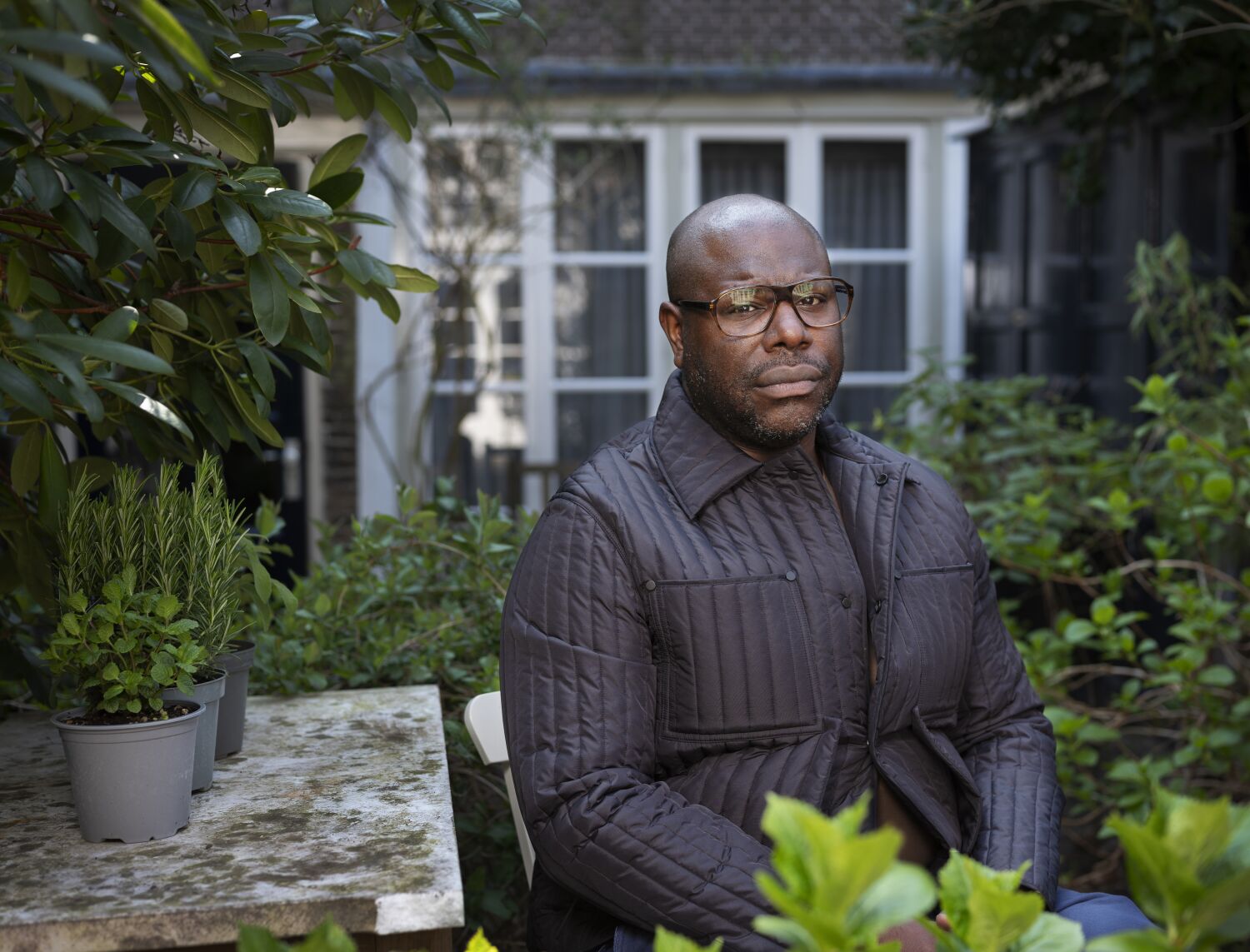(Jewish Group) It's hard to watch a 4-hour documentary on Nazi-occupied Amsterdam. That's the point
British director Steve McQueen knows his documentary “Occupied City,” which premiered on the first day of this year's Cannes Festival, may not be what people expect. From him, or from a documentary.
The form is well represented at this year's festival — there are three in competition — but none is as epic in scope or avant-garde in structure as McQueen's.
Based on the Dutch-language book “Atlas of an Occupied City, Amsterdam 1940-1945,” by his wife, Bianca Stigter, it is a four-plus hour-long, street-by-street, building-by-building chronicle of what happened in Amsterdam during the German occupation and what each of those places looks like now.
As the camera captures modern scenes of specific locations all over Amsterdam, narrator Melanie Hyams describes how each figured in the invasion, occupation and deportation of 80% of the city’s Jewish residents, many of whom were murdered in concentration camps.
It is a challenging film to watch and not just because of its subject matter, or even its length. The normality of the modern scenes, gorgeously shot on 35 mm, inevitably offers a disturbing contrast with the narration — a busy school that served as a torture center, a cozy apartment where a Jewish family was discovered and sent to a camp, people ice-skating on frozen canals where the bodies of those who died in hiding were dumped and many committed suicide.

Steve McQueen in Amsterdam in 2021. ((Chantal Heijnen/For The Times))
© (Chantal Heijnen/For The Times)
more...
